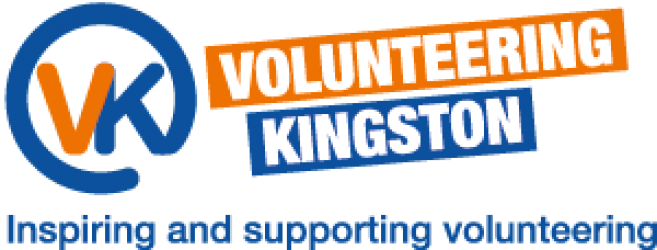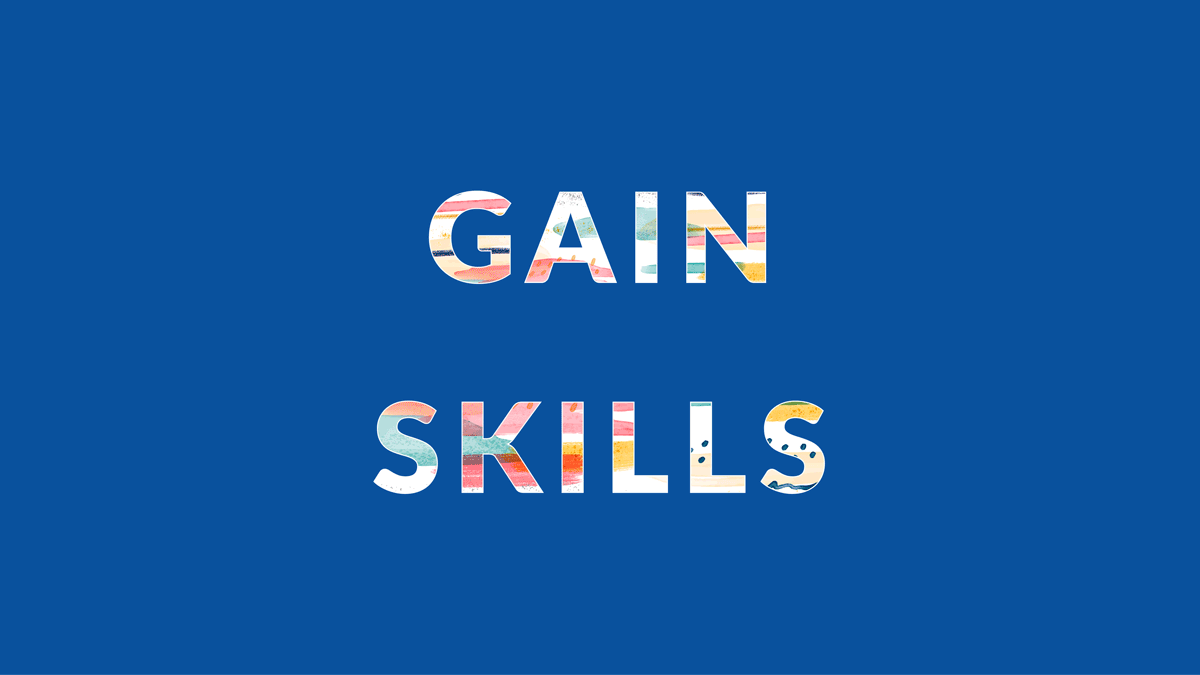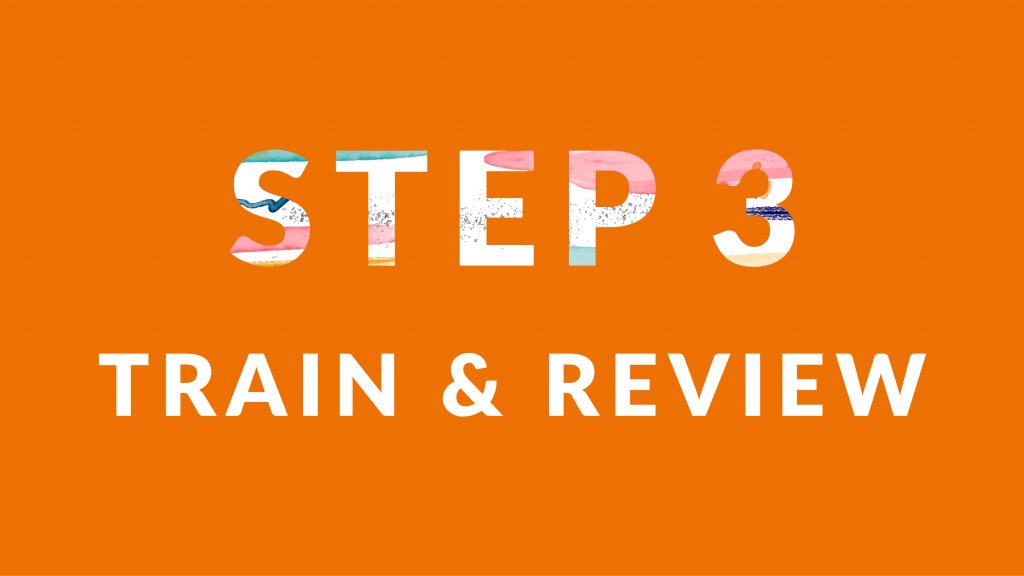The diversity of trustees, or charity board members, tends not to reflect the demographics of the communities they operate in. Many charities recruit informally and through their existing networks; resulting in poor diversity among the board and a risk of a disconnect between organisation and beneficiary.
According to Charity Commission for England and Wales and Inclusive Boards:
- just 36% of trustees are women
- only 8% are from a BAME background
- 61years-old is the average age of a trustee
- only 2% of trustees are under 24-year-olds
Why diversity on boards is important
Appointing a board that reflects the community you work with improves your decision-making, meaning more effective client services. Diversity brings unique talent, knowledge, and inspiration to charities; generating an influx of new ideas and inspiration. By recruiting trustees from a variety of professional and personal backgrounds and ensuring a healthy changeover, organisations can help keep the board fresh and provide professional development opportunities to more people.
5 top tips for improving diversity on boards
- Set time limits for trustee teams this will help your board stay fresh and prevent leadership from becoming stale
- Use alternative methods of recruitment not just word of mouth
- Look for people with lived experiences related to your charitable cause
- Organise accessible board meetings that take place at convenient locations and times and are inclusive for those with disability
- Monitor the diversity of your board regularly to ensure a good mix of technical skills and expertise.
If you’re currently recruiting new trustees Volunteering Kingston would be happy to promote your opportunity to their pool of volunteers. Get in touch with Molly from Volunteering Kingston on enquiry@volunteeringkingston.org.uk for more information.









